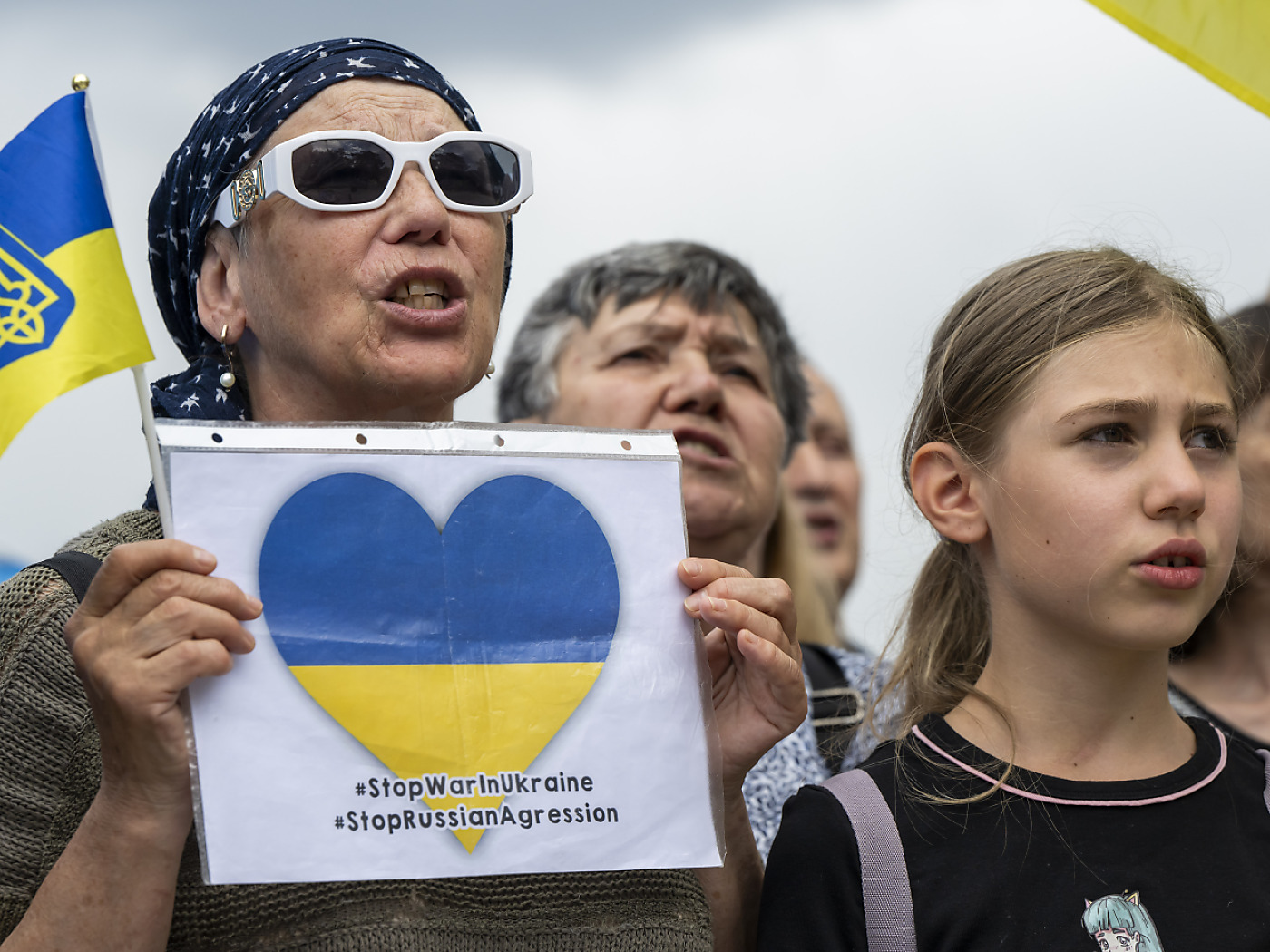
Swiss government has refused protection status S to almost 2,500 people

Since the beginning of the war in Ukraine, the Swiss government has refused protection status S to almost 2,500 people. The reasons given for these refusals are that there is an alternative form of protection in another country, or that the people concerned were not entitled to this status.
+Get the most important news from Switzerland in your inbox
The clarifications required to examine the files “have become more complex and, in the meantime, more applications for protection are being rejected”, the State Secretariat for Migration (SEM) told the Swiss News Agency Keystone-ATS. It was referring to a report in the SonntagsZeitung.
According to the newspaper, the SEM has revoked S status in 104 cases. The cases concerned fraudulent acquisition of temporary protection, offences, travel to Ukraine or residence in a third country.
+ How two years of war in Ukraine have marked Switzerland
At present, more than 66,000 people have S status, according to figures published on July 31 by the SEM on the X social network. Temporary protection has ended in 26,000 cases.
The government activated status S for people from Ukraine on March 12, 2022, following the outbreak of war by Russia. With this status, the people concerned quickly obtain a right of residence in Switzerland and can, in particular, start work. They do not have to go through an ordinary asylum procedure.
At present, only Ukrainians are entitled to this status. The government has extended this status until March 2025.
Translated from German by DeepL/ts
This news story has been written and carefully fact-checked by an external editorial team. At SWI swissinfo.ch we select the most relevant news for an international audience and use automatic translation tools such as DeepL to translate it into English. Providing you with automatically translated news gives us the time to write more in-depth articles.
If you want to know more about how we work, have a look here, if you want to learn more about how we use technology, click here, and if you have feedback on this news story please write to english@swissinfo.ch.

In compliance with the JTI standards
More: SWI swissinfo.ch certified by the Journalism Trust Initiative

























You can find an overview of ongoing debates with our journalists here . Please join us!
If you want to start a conversation about a topic raised in this article or want to report factual errors, email us at english@swissinfo.ch.